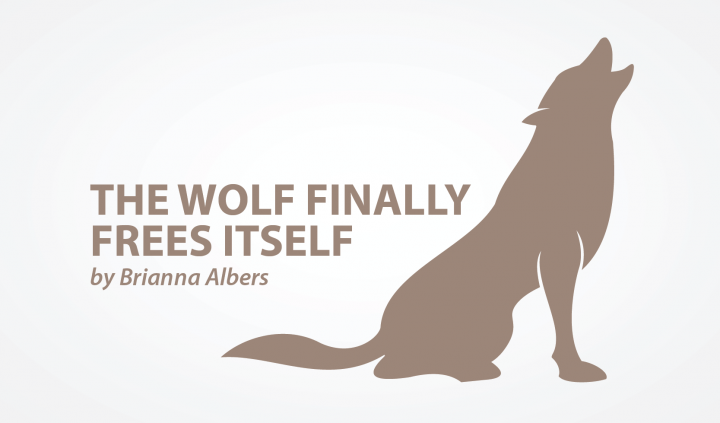Can the Coronavirus Pandemic Encourage Values-based Living?
Written by |

Last week, I wrote that to properly address anxiety about the coronavirus, we must sit with our grief and accept it. But grief work is one step among many. Grief work is crucial and valid, but it also lends itself to forward momentum.
Social media is inundated with conflicting messages. Some people champion personal development: “If you’re spending all of your time at home, why not put it to good use?” Others highlight the importance of survival. Not everyone has the mental bandwidth for Skillshare classes or in-depth journaling exercises. People with kids, for example, are likely spending time addressing everyone’s needs but their own. It’s inappropriate to suggest that people need to make the most of quarantine regardless of personal context.
I agree with both arguments. Some people will want to leverage the situation for their personal gain; others will hibernate and focus on survival. But today, I want to explore the idea of “pressing pause” until the pandemic ends, as it can lead to unnecessary anxiety for some.
I am a chronic pauser. Grad school highlighted the dysfunctional nature of this habit. I was so busy with school and work and a billion other things that I put stuff off again and again, for months and months. That’s why it took me a decade to finish the first draft of my novel. It’s why I’m only just starting to curate a social media platform. I told myself that I would get to it eventually — after graduation, once I had control of my life and things were “perfect.”
The issue is, of course, that perfection is a myth. I put things off until after graduation, and now I’m faced with the consequences of that decision. We are in the midst of a pandemic. I could be self-isolating for a year or more. Do I really want to wait that long to live my life? Am I really OK with pressing pause for an indeterminate amount of time simply because of social distancing guidelines?
I should be dead right now. Doctors significantly more knowledgeable than me did not think I would live past the age of 9. Every year — every minute of every hour of every day — is a gift. I don’t want to waste more time simply because it does not live up to my vision of “the good life,” with late-night movie marathons and trips to the mall with my caregiver’s daughter.
I’m not saying we need to learn a new skill or monetize our hobbies. Don’t break quarantine and put people at risk because “you only live once.” But I do want to challenge you to reflect on your idea of a good life. Many of us associate the ideal with our pre-coronavirus norm — department stores, time with loved ones, plenty of toilet paper. But was it really ideal? Or are we looking at the past through rose-colored glasses?
Acceptance and commitment therapy argues that instead of trying to change things that are outside our control, we can accept what comes and commit to living our values in good times and bad. I can’t help but wonder if quarantine is revealing what really matters to us — and the many ways we have betrayed our values over the years.
I value community, creativity, and social justice. I had plans to live out those values after graduation — plans that were decimated by the coronavirus. But quarantine has brought me face-to-face with my habit of pressing pause. I can complain all I want about this disruptive pandemic, but the truth is that I rarely adhered to my values, even during the pre-pandemic idyll.
The world looks different now. Grieving that change is perfectly human. But I encourage you to envision a future that was radically altered by the coronavirus. Instead of wanting the world to go back to normal, ask yourself what we can learn from this event. Can we vow to live, even when life is messy, instead of pressing pause? Can we recognize the uncertainty of our future, yet make a promise to embody our values to the best of our ability?
Next week, I’ll highlight some thought exercises, journaling prompts, and self-care routines that I find useful and that hopefully can help us balance grief and values-based living in the age of coronavirus.
Follow me on Instagram @briehalbers or subscribe to my newsletter for more mental health content.
***
Note: SMA News Today is strictly a news and information website about the disease. It does not provide medical advice, diagnosis, or treatment. This content is not intended to be a substitute for professional medical advice, diagnosis, or treatment. Always seek the advice of your physician or other qualified health provider with any questions you may have regarding a medical condition. Never disregard professional medical advice or delay in seeking it because of something you have read on this website. The opinions expressed in this column are not those of SMA News Today, or its parent company, Bionews Services, and are intended to spark discussion about issues pertaining to spinal muscular atrophy.







Leave a comment
Fill in the required fields to post. Your email address will not be published.